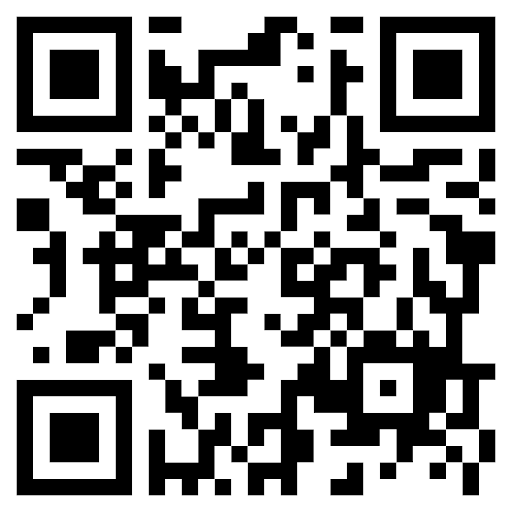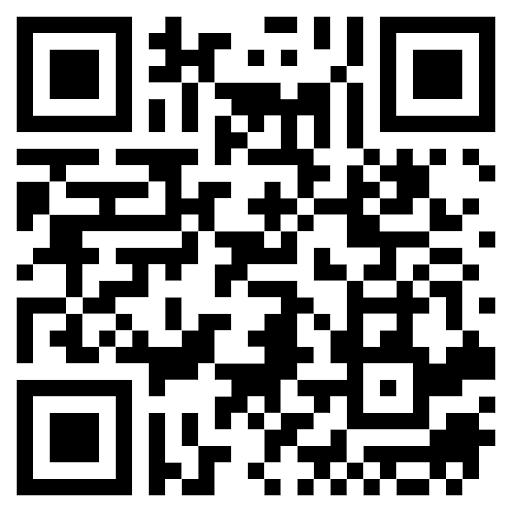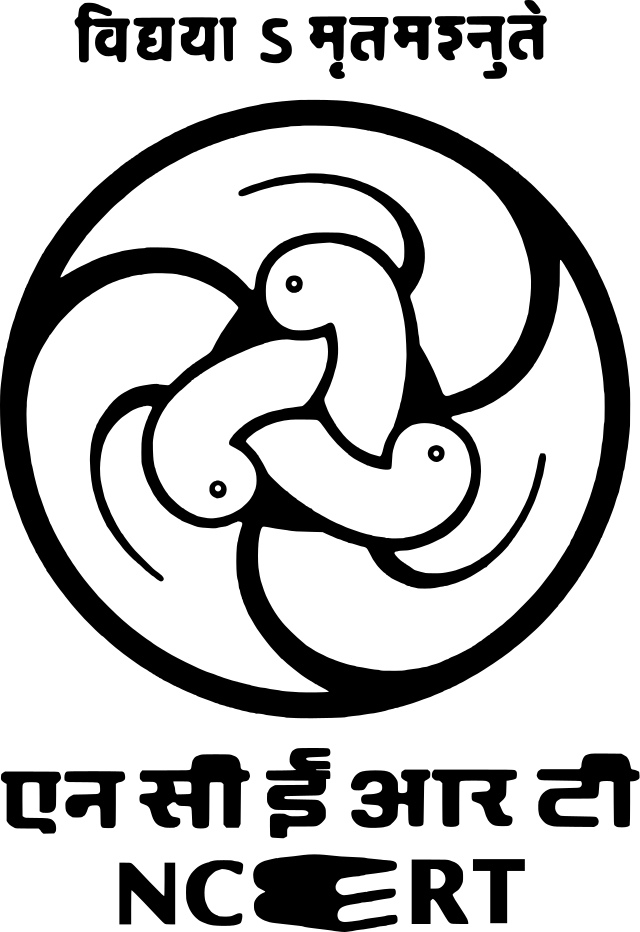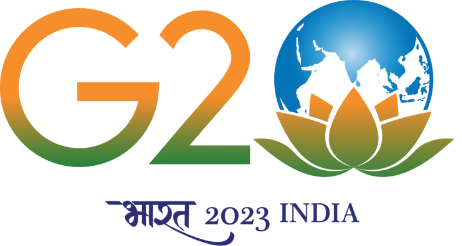
Online Training on
“Developing eContent for Teaching and Learning of Science”
The relationship between science and its practical applications in everyday life is intricately intertwined. Science often deals with intricate concepts, processes, and phenomena that can be challenging to fully grasp through traditional textbooks alone. Textbooks lack the multimedia elements such as simulations, videos, and animations that enable students to better comprehend these concepts. Interactive simulations and experiments available in eContent allow students to actively engage with scientific subjects. The use of case studies, real-world examples, and videos illustrating scientific principles applied in various industries makes science more relevant and captivating. E-content is accessible to students regardless of their location, social status, or physical limitations, aligning with the goal of providing quality education for all as per the NEP (National Education Policy). It encourages critical thinking, problem-solving skills, and inquiry-based learning by equipping students with the tools to conduct their own experiments and investigations. Given its ability to enhance engagement, accessibility, and the quality of science education, eContent is indispensable for teaching and learning. Continuous improvement through efficient planning, design, and refinement, including interactive components to promote active learning, is crucial.
When developing electronic materials for science education, Free and Open Source Software (FOSS) can be immensely valuable. FOSS tools are often open source, highly customizable, and multilingual, allowing content creators to tailor them to specific educational needs. This adaptability is crucial for creating e-content that suits the unique requirements of science education, enabling the incorporation of multimedia elements like animations, simulations, videos, and interactive quizzes—all highly effective for teaching scientific concepts. Functional Requirement Specification (FRS) tools facilitate the development of interactive e-content. FOSS offers a wide range of tools and resources beneficial for science education. Certain FOSS software and platforms, by providing free, customizable, and accessible resources for teaching, learning, and conducting scientific research, can empower both teachers and students in the field. They promote collaborative and creative approaches to science education, aligning with the principles of open education. Clause 24.4 (d) of the policy places a strong emphasis on the development of digital educational tools for science education, a challenge faced by both students and teachers. Teachers often struggle to cater to diverse needs, including addressing science anxiety and accommodating various learning styles. Traditional teaching methods may struggle to capture students' attention and provide reliable assessments.
In response to these challenges, digital resources emerge as a promising solution, offering numerous benefits that significantly enhance the landscape of science education. Interactive visualizations help clarify complex concepts, offering students a tangible way to grasp abstract ideas. The beauty of digital tools lies in their ability to provide personalized learning experiences, catering to the diverse abilities and paces of learners. Some notable science software like PhET Interactive Simulations, Open Babel, GCompris, ChemCollective, Stellarium, Avogadro, and others that integrate Physics, Chemistry, and Biology offer benefits such as visualization, interactive learning, concept reinforcement, problem-solving, interdisciplinary integration, and digital assessments. They promote critical thinking and experimentation, enhancing students' understanding of science concepts.
In this context, CIET-NCERT is organizing an online training series on ‘Development of eContent’, every fourth week of the month from 4:00 pm to 5:00 pm from Monday to Friday to orient the stakeholders on developing eContent. As a part of a series for the month of August, CIET-NCERT is organizing five hours online training on “Developing eContent for Teaching and Learning of Science” starting from 25 September 2023 till 29 September 2023 from 4.00 pm - 5.00 pm. The sessions will shed light on What? Why? How? to develop eContent for teaching and learning of science.
Objectives:
Who can participate?
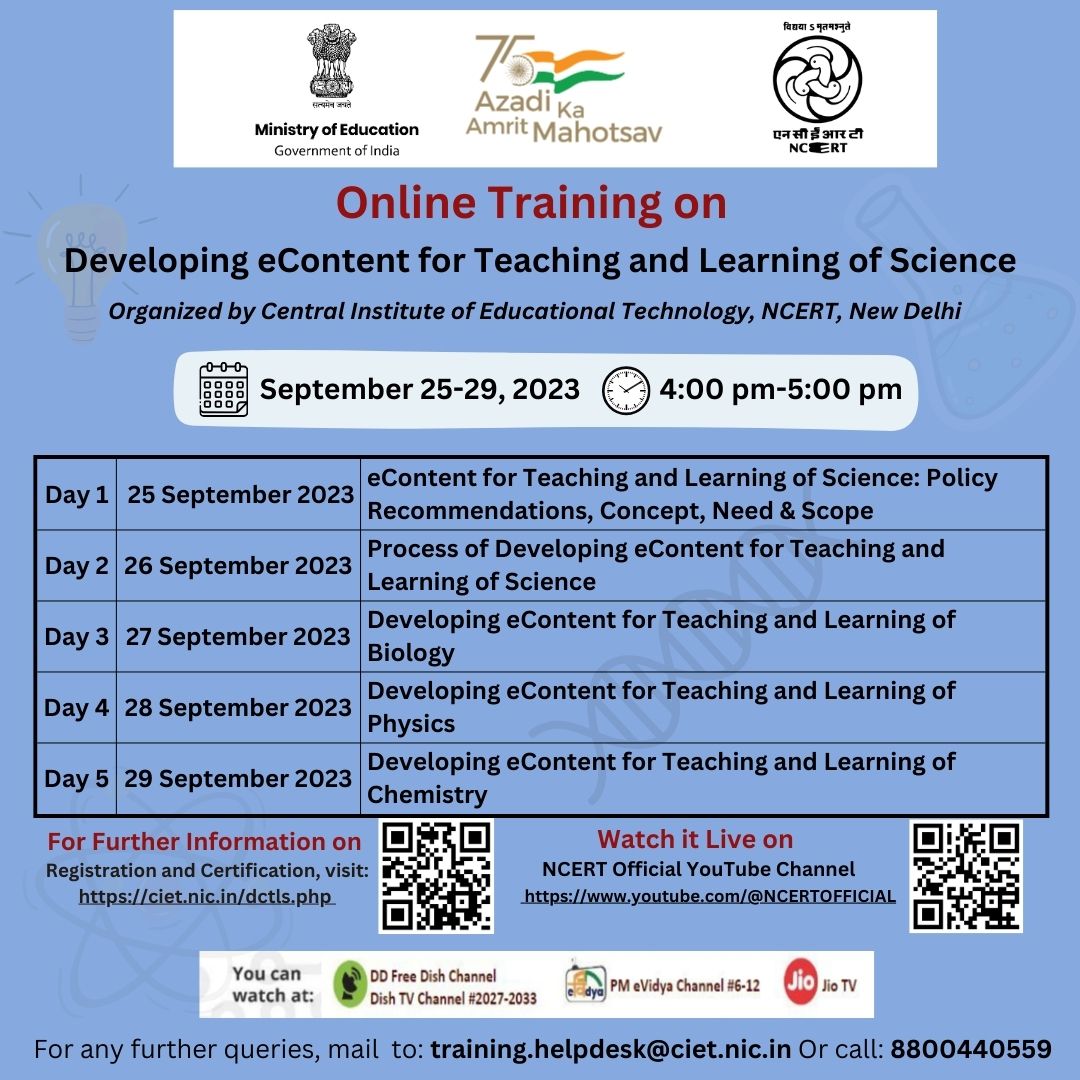
Program Schedule
| Day & Date | Title of the session | Resource Persons | Banner | Presentation Link | Video Link |
|---|---|---|---|---|---|
| Day 1: Monday September 25, 2023 |
eContent for Teaching and Learning of Science: Policy Recommendations, Concept, Need & Scope |
Prof. Shashi Prabha
Professor CIET,NCERT,New Delhi |
Day 1 | Presentation_Day 1 | Video |
| Day 2: Tuesday September 26, 2023 |
Process of developing eContent for Teaching and Learning of Science |
Dr. Ajita Deshmukh
Assistant Professor MIT-ADT University, Pune, Maharashtra |
Day 2 | Presentation_Day 2 | Video |
| Day 3: Wednesday September 27, 2023 |
Developing eContent for Teaching and Learning of Biology |
Dr. Yash Paul Sharma
Assistant Professor Central University of Kerala, Kasaragod, Kerala |
Day 3 | Presentation_Day 3 | Video |
| Day 4: Thursday September 28, 2023 |
Developing eContent for Teaching and Learning of Physics |
Dr. Biju Kadinhiyil
Assistant Professor Central university of Tamil Nadu, Thiruvarur, Tamil Nadu |
Day 4 | Presentation_Day 4 | Video |
| Day 5: Friday September 29, 2023 |
Developing eContent for Teaching and Learning of Chemistry |
Dr. Deepty Gupta Assistant Professor
Inter University Centre for Teacher Education (IUCTE), BHU, Varanasi |
Day 5 | Presentation_Day 5 | Video |
|
Organising Team: Programme Advisory: Prof. Amarendra P Behera, Joint Director, Central Institute of Educational Technology (CIET), NCERT, New Delhi.
Programme Coordinator and Course Coordinator : Dr. Angel Rathnabai S., Assistant Professor, Central Institute of Educational Technology (CIET), NCERT, New Delhi. Course Co-Coordinator: Mr. Raj Mohan Pandey, Academic Consultant, Central Institute of Educational Technology (CIET), NCERT, New Delhi.
|
|||||
How to participate:
Step 1: Registration : Register yourself by clicking the link https://forms.gle/SRxypi5ZRMC4Q4V99 or scan the QR Code-
Step 2: Watch live training sessions: Participants have to attend training sessions, which will be live-streamed on NCERT Official YouTube channel -http://youtube.com/ncertofficial from September 25 - 29, 2023 at 4:00- 5:00 pm (Monday to Friday). The session will also be telecasted live on the following:
- PM eVIDYA channels #6-12
- DD Free Dish Channel
- DISH TV channel #2027-2033
- Jio TV mobile app
If you have missed the live Sessions, they watch the recording on the playlist. The link of the playlist is https://www.youtube.com/playlist?list=PLcsj1x9n9h4gklIqCWWLVaVpE9LMsBAVZ
Step: 3 Participation in Post-Session Activity and Certification: Participate in the post session quiz, score 70% & above to get a certificate.
Post-Session Quiz Link -
https://forms.gle/2ZeLRZFJGoCa6w5MA
Assessment Opening Date: September 29, 2023, by 6:00 pm
Assessment Closing Date: October 9, 2023, by 6:00 pm
Participants are allowed to attempt the quiz only once and those scoring 70% and above in the quiz will receive a certificate of participation on their registered Email ID within 30 days of taking the post session quiz (Check in SPAM Mail if not found in the Inbox). Queries related to non-issue of certificate will be entertained only after 30 days from the date of opening the post-session assessment (i.e 9 October, 2023). Response will be provided only to the mails sent to the mail ID training.helpdesk@ciet.nic.in
Step 4: Submit Your Feedback:
Submit your feedback using the link https://forms.gle/RWEMAJnpYrrbXUsd7 or by scanning the QR code
This feedback form is intended to know your experiences, learning and suggestions regarding the online training on “Developing eContent for Teaching and Learning of Science” organized by CIET-NCERT. Kindly share your experiences and suggestions with us. This will help us further improve the virtual training process. The confidentiality of your responses will be ensured.
For any queries, mail to: training.helpdesk@ciet.nic.in or call: 8800440559.
